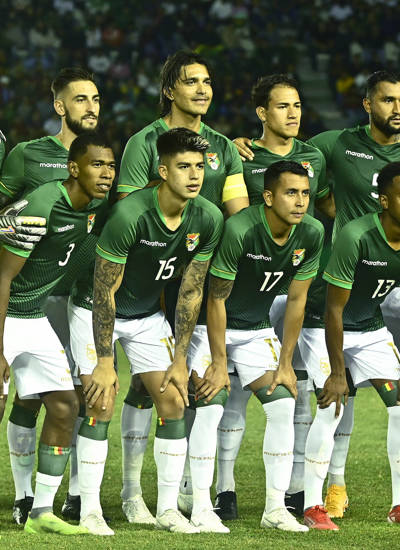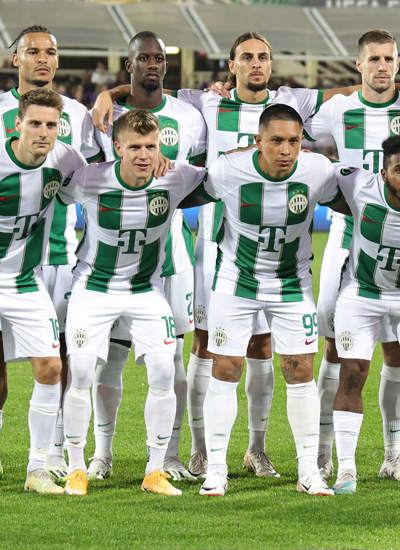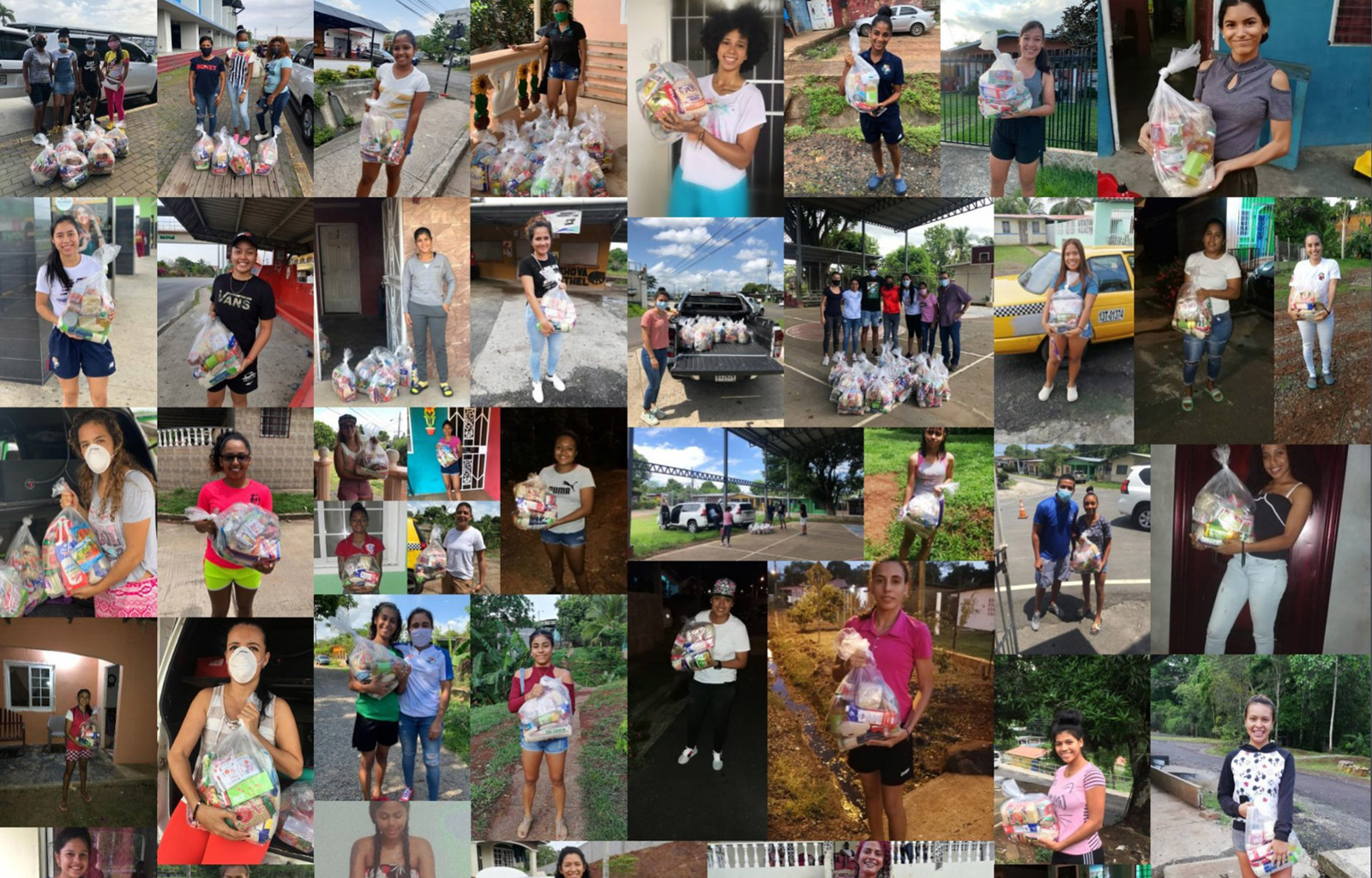
Colombian player union ACOLFUTPRO has sent food parcels to 101 female players who have been left without pay or social security after their league was suspended. Their counterparts in Panama, AFUTPA, are distributing 580 food packages to male and female players, while FAP, the union in Paraguay, visited players at second division clubs to give them food baskets.
Player unions in Egypt (EPFA), Honduras (AFHO) and Uruguay (MUFP) are helping professional footballers with food parcels; Bolivian player union FABOL is planning to send food to players this week. Ivory Coast player association (AFI) handed out vouchers for food and goods to players at all 38 professional clubs.
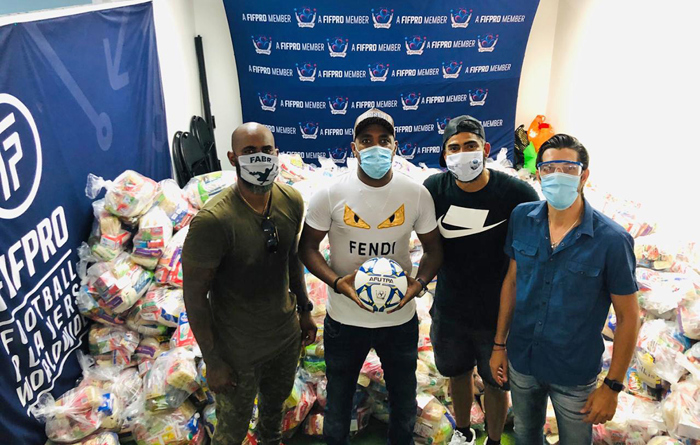
Chilean union SIFUP opted to financially support players because health and safety measures meant they were not allowed to hand out food packages. Player unions in for example Egypt, Gabon (ANFPG) and Hungary (HLSZ) are also financially supporting footballers. And for more than one month, the Gabonese union has been providing shelter for two foreign players who have been abandoned by their club.
“The hardship faced by male and female professional footballers, and workers in other industries, hit by the coronavirus in particular outside western Europe, is extremely concerning but hardly reported on internationally,” FIFPRO General Secretary Jonas Baer-Hoffmann said.
“We are very proud of the work our affiliated national player unions are doing to support their members in these exceptional circumstances.
“However, this crisis underlines how fragile pay and conditions are outside professional football’s elite European leagues, and how poorly some clubs treat their employees as soon as money is short. Football stakeholders urgently need to tighten judicial process and enforce contracts and governance regulations on a domestic level to protect employees and their families. Football needs to protect its people now!”
“This crisis underlines how fragile pay and conditions are outside professional football’s elite leagues”
— by FIFPRO general secretary Jonas Baer-Hoffmann
According to the 2016 FIFPRO Global Employment Report 45 percent of professional male footballers had a monthly salary of USD 1,000 or less, with 41 per cent receiving late pay at some point in the previous two years. The average contract length was less than two years. The 2017 FIFPRO Women’s Global Employment Report found 60 percent of female players earned less than USD 600.
A recent survey by the player union in Kenya KEFWA showed that due to the consequences of the current Covid-19 pandemic 74 percent of players are unable to pay for basic needs: the union has secured a small financial contribution for players in the top two divisions from the government, the federation and the league.
Players are facing similar problems in many more countries, as the number of salary reductions keeps growing.
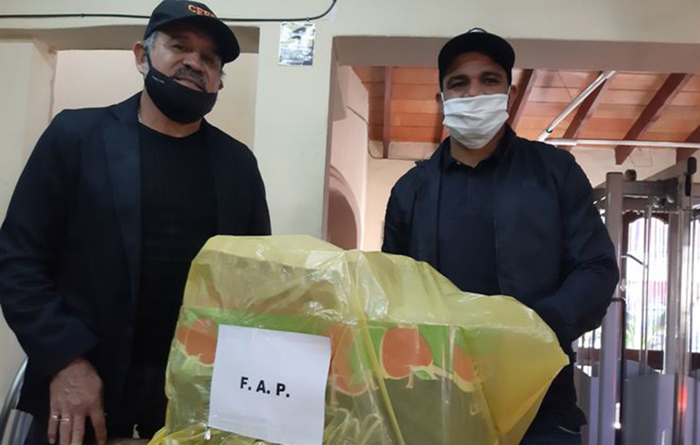
In Botswana, player union FUB welcomed a government decision last Monday to give all first and second division players a subsidy of three months of wages.
“Seven clubs were already struggling before the pandemic started and this worsened since the lockdown began. Some players have not been paid for four or six months,” said FUB general secretary Kgosana Masaseng.
“Players informed us they were running out of food and toiletries and asked for food hampers instead of money. We gave them a two month supply of rice, flour, macaroni and canned meat.”
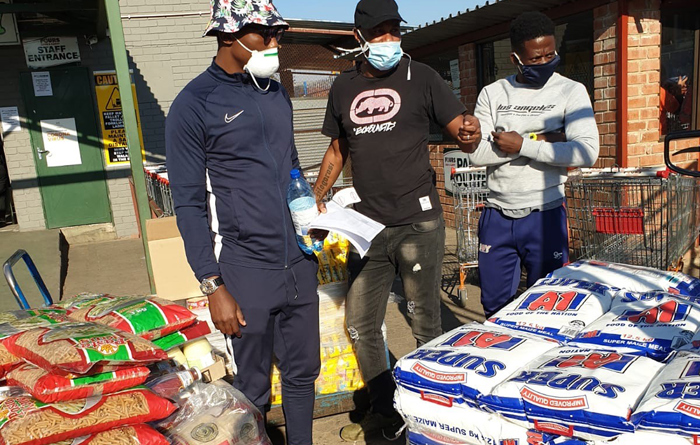
Top photo: female players in Panama receive food parcels

